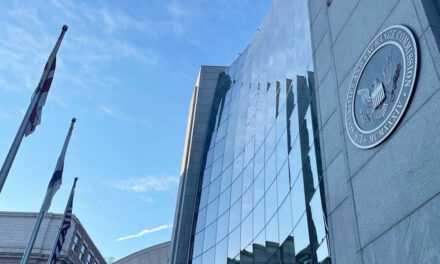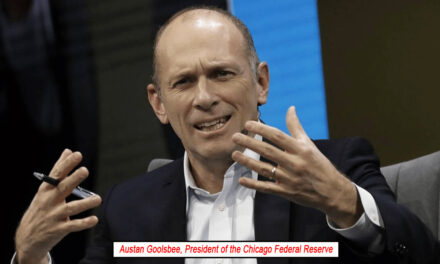With central banks worldwide losing the battle against violently surging inflation, experts agree that investors and stock market players need to hold on to their money for a while.
Last week, the US Federal Reserve increased interest rates by around 75% of a percentage point, marking its highest rate hike since 1994. Across the Pond, the Bank of England raised its target rate for the fifth time in over six months, while the Swiss central bank posted its first rake hike in nearly two decades.
However, this may just be the beginning. Experts noted that inflation may spike to around 11% by the third quarter of this year even as the Fed increased its inflation forecast for the rest of 2022 by a full point.
For his part, Fed Chair Jerome Powell remains optimistic that the US economy may successfully hold back a recession. Still, he admits that current events – the ongoing Russian invasion of Ukraine, the COVID-19 pandemic, and even supply chain and energy production issues – pose serious challenges to economic recovery worldwide.
Indeed, Anthony Saglimbine, a global market strategist for Ameriprise, opines that the Fed may drive the economy into a recession if that means getting inflation under control.
What Could a Recession Mean for Investors?
Over the years, recessions have meant bad news for virtually all investors. Economic downturns tend to result in reduced consumer spending and low profits for companies.
While many stock market analysts have factored the impact of a recession into their forecasts on corporate earnings, history has shown that it could drive up stock prices. Likewise, based on its performance in previous recessions, the Standard & Poor (S&P) 500 may bottom out by 7.5% and settle at 3,400.
Another factor that may complicate matters further is that most central banks can no longer depend on the tools used in previous recessions. For example, several central banks, including the Fed would cut rates and mint money to buy up government debts to induce economic stimulation.
But now, even if inflation settles at a more moderate level, factors like commodity prices, the rising cost of fuel, and still-unresolved supply chain problems can adversely impact the economy.
In which case, lowering rates may worsen inflation and undo any previous price adjustments that have been made. Nevertheless, experts say the potential recession may not be as bad as those severely affected the corporate world back in the ’80s.















